Explore the dynamic world of Open Educational Resources and discover how OER Africa is driving the movement forward. This page is divided into two sections:
Articles: Our articles aim to deliver insights on OER-related themes that inform, spark conversation, and engage with the developing open education landscape, with a particular focus on Africa.
Updates: Below, the articles, you'll find updates on OER Africa’s latest initiatives, activities, and contributions to the OER community.
Articles
This section features targeted articles crafted specifically for educators, students, and the global Open Educational Resources (OER) community. The articles examine themes related to OER, offering insightful perspectives and information. The content seeks to inform, prompt discussion, and actively engage with the dynamic landscape of open education, particularly within the African context.
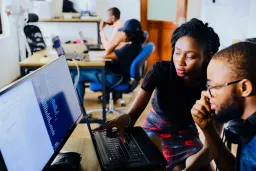
Assessment always has a purpose. We need to be clear on that purpose in our learning design work. But that purpose can vary. In this article aimed at educators, we explore assessment of, for, and as learning to think about the purpose of assessment and to help us think about integrated summative assessment.
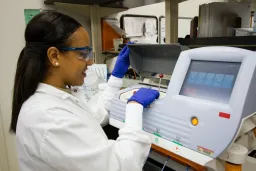
You may have seen ArXiv pop up in your science-related or open access repository searches. ArXiv is an open access repository for pre-prints and post-prints that have been moderated but not peer reviewed.

Are academics at your institution struggling to find the time and space to invest in their own continuing professional development (CPD)? With so many competing priorities, many academics find it difficult squeeze CPD in among their other daily responsibilities.
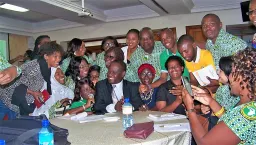
In this week’s article, Leanne Rencken delves into the ongoing collaboration between the African Library and Information Associations and Institutions (AfLIA) and OER Africa. OER Africa has developed three learning pathways, as part of its grant from the William and Flora Hewlett Foundation, and, along with AfLIA, is piloting them with university and academic librarians on the continent.
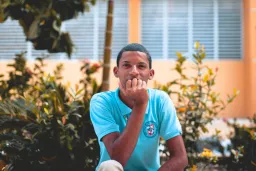
Sustainable food systems and climate change are pressing global issues that go hand in hand. Will these challenges be left to the youth because they will be most affected? This article will explore what role OER can play in empowering youth to transform food systems.
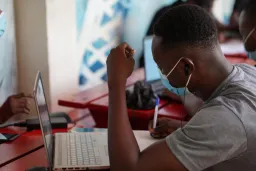
The Open Access (OA) movement has gained even greater traction over the past 18 months, in an effort to make research on COVID-19 more widely available and to make research in other fields accessible to remote teachers and learners. But what is OA? Why is it increasingly important and how has COVID-19 advanced the OA cause?
Updates
This section provides updates on OER Africa’s initiatives and activities. Stay informed about our contributions to the OER community and how we are driving the open education movement forward.
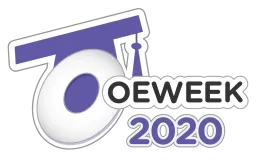
Open Education Week (OEW) aims to raise awareness and showcase the impact of open education on teaching and learning worldwide. It spotlights amazing work from over a dozen categories including live, face-to-face events, webinars, projects, and resources.

This report assesses students’ access to educational materials in select institutions within Commonwealth countries. The findings indicate that learners are now engaging with a complex ecosystem of learning materials, both print and digital, in a multitude of differing forms and formats, with various terms of use and durations of sustained access.

This paper demonstrates how the features and affordances of open learning have been developed in new and productive ways to provide school-based continuing professional development for teachers in Zambia.


The guidelines describe the whole process for designing and implementing OER policy in seven chapters, each representing a clear phase in the whole process. The chapters introduce the purpose of the phase and provide background information and references with practical examples for illustration.

The UNESCO Chair on Open and Distance Learning (ODL) at UNISA organised a seminar on Open Education Resources for staff in the university, held on 12th June, 2019. Ephraim Mhlanga and Kirsty von Gogh from Saide and Neil Butcher & Associates respectively facilitated the workshop, which was attended by about 25 participants.
